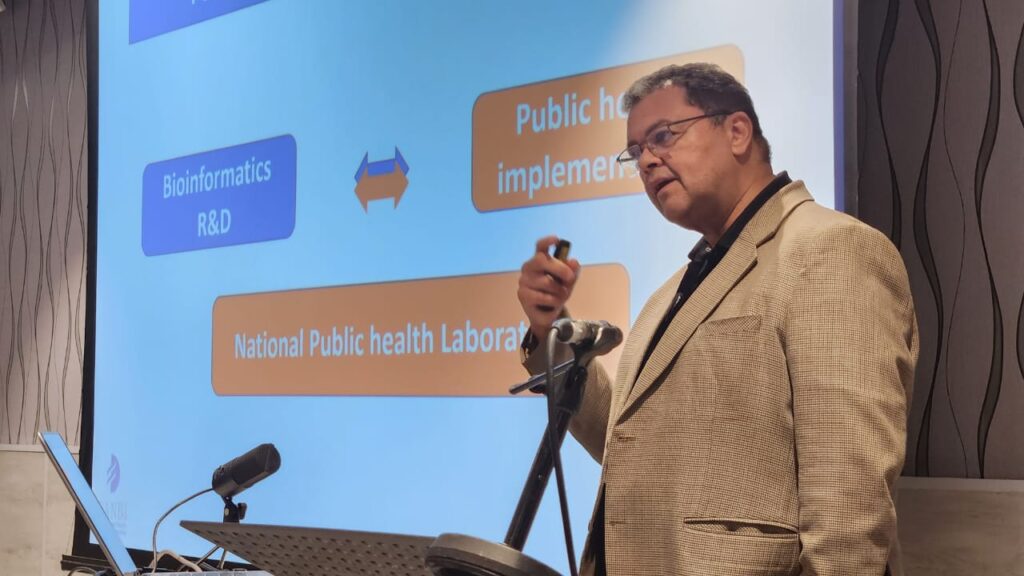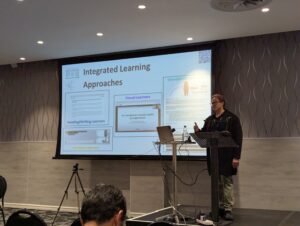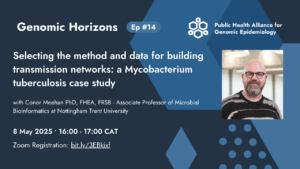UWC professor encourages bioinformatics students attending Cape Town conference to think how their work can shape countries’ responses to diseases.
There remains a seemingly insurmountable divide between a scientist crunching data on a disease-causing pathogen in a quiet university laboratory and, to all appearances worlds away, public-health officials scrambling to address diseases on several fronts.
But as illustrated over the Covid-19 pandemic and ongoing disease outbreaks, it is a gap that has to be bridged, insisted Professor Alan Christoffels of the South African National Bioinformatics Institute at the University of the Western Cape.

Christoffels was addressing a hall of bioinformatics students at the opening of the Africa Student Council Symposium, hosted at the Lagoon Beach Hotel on 14 April 2025. The student symposium kicks off the 2025 Conference of Bioinformatics of the International Society for Computational Biology (ISCB) and the African Society for Bioinformatics and Computational Biology (ASBCB), an event bringing together researchers from around the world to Cape Town from 14-17 April.
“Our mandate really is to give reliable, credible information to public health officials in the midst of an outbreak,” said Christoffels, also president of the ASBCB.
Translating academic research to the real world is a recurring theme for the conference this week. The meeting explores the many ways that the fields of pathogen genomics (the study of the genetic make-up for microorganisms) and bioinformatics (the use of computer science to analyse and interpret biological data) can be brought to bear on an array of diseases and contexts.
There are countless hurdles for these and other sciences to clear, Christoffels reminded students. Too often data generated by a scientist working in one corner of the world is not useable by a scientist in a even a neighbouring country if they don’t work to mutually agreed standards, for example. This hampers efforts to stem or monitor the transmission of diseases across borders.
However, work being done by the likes of the ISCB and the ASBCB, as well as conference co-host the Pan African Bioinformatics Network (H3ABioNet) and global networks like the Public Health Alliance for Genomic Epidemiology (PHA4GE), is beginning to make a difference, Christoffels explained.
“What we want to do is make sure that data that is being produced can be utilised in a crisis environment,” he noted. “One of the ways we envisage doing is to come up with a list of standards that you can use, so that pathogen data that is being produced during outbreaks can be rapidly shared across the continent.”
These efforts will require both collaboration and, critically, changes in organisational and individual mindsets, he argued. “What you have to learn to appreciate is that a tool or process that I build as a graduate student sitting in Accra or in Uganda, might have absolutely no bearing on its application in Guinea-Bissau. And therefore you need to be aware of the context in which you are translating our research.”



